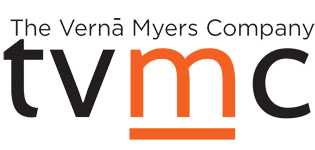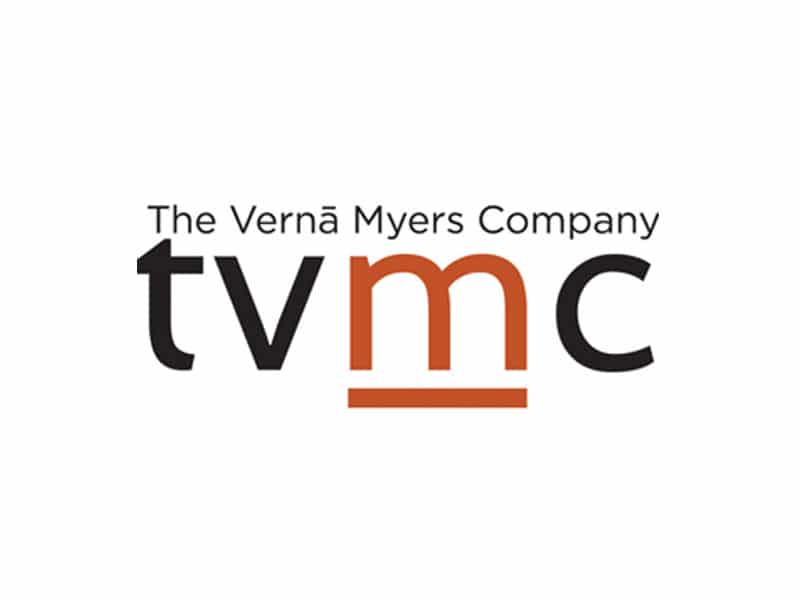By Katherine Reynolds Lewis
When Karenga Ross met Intel senior leaders at a conference of the National Society of Black Engineers two years ago, they invited her to throw her hat into the ring for opportunities at the company. The next day, she found herself facing a panel of interviewers that included two women who—like her—are African-American.
“Wow, this is different,” Karenga recalls thinking, as she discussed her skill set, career experiences and goals. “It’s nice to be able to look across that table and see someone whom I can aspire to be. I can see someone who looks like me. It was refreshing. It was inspiring.”
Shortly after the conference, Intel flew Karenga and 28 other African-American women to interview on-site in Hillsboro, OR. A black senior executive took them around town, and they visited her home for a candid conversation about juggling personal interests and career paths. The open-armed experience helped convince Karenga to take a job as a technical program manager and move from Atlanta to Portland, OR, with husband Roland, son Joshua, now 9, and daughter Anna, 6. Even two years later, she counts the people she met during the hiring process as some of her closest mentors and colleagues.
Since beginning to require that a panel of interviewers for any new hire include at least two women and/or members of underrepresented minorities in 2014, Intel has seen the diversity of new hires climb dramatically. In 2016, 45.1 percent were women or people of color, up from 31.9 percent in 2014. It’s all part of Intel’s goal to create an employee population that fully represents the percentage of women and underrepresented minorities in the overall technology workforce by 2020.
“Implementing diverse hiring panels has enabled us to cast a wider net at the outset of the hiring process and systematically help reduce unconscious bias in our hiring,” says Danielle Brown, Intel’s vice president of human resources and group chief human resources officer. “Unless we bring a diverse set of perspectives to solve the most difficult technical problems, we are not going to reach our full potential as a company.”
Better Practices, Better Outcomes
Among the 2017 Best Companies for Multicultural Women, seven require diverse interview panels for all new hires: Accenture, CA Technologies, Cisco, Horizon Blue Cross Blue Shield of New Jersey, Intel, Procter & Gamble and Verizon. Several others use such panels on a voluntary basis.
“It really telegraphs to the people you’re interviewing that you are serious about diversity and inclusion and that you are open-minded to that diversity of thought the panel would bring forward,” says Lenora Billings-Harris, a diversity strategist and author, based in Greensboro, NC. “If you want to be the one who wins the best talent, you need to have really well-structured interviews, both as you are sizing up the candidate and the candidate is sizing you up.”
Some hiring managers at Intel initially wondered about the change, according to Brown, because it seemed more efficient and more comfortable to hire someone informally, through their existing networks or word of mouth. But once they saw the quality of the hires that resulted from the new system, they were sold. “The caliber of people has just been outstanding,” Brown says. “We believe diversity and inclusion are business imperatives. They are going to be key to our growth and relevance.”
When Margaret Lee, a senior vice president of product management, interviewed at CA Technologies, the presence of women of color in the process signaled two important things. One, she would have other high-ranking women with whom to network and share ideas, and two, she wouldn’t be the first multicultural woman manager her team had experienced.
“It makes it easier going in to get credibility. And people are a bit more open-minded and less likely to prejudge,” says Margaret, mom to Morgan, 13, and Avery, 11. As a Chinese-American in a field with good representation of Asian-Americans, she was even more concerned about acceptance as a woman than as a minority.
Diverse Panels Done Right
Of course, companies can’t just slap some people of color and women onto an interview panel. The panels must be assembled thoughtfully, with each member having a voice and everyone appreciating the value of diverse opinions.
“If you are going to have these panels, there needs to be some agreement about how their input is going to be valued, counted, used,” says Vernā Myers, founder and cultural innovator at the Vernā Myers Company, a diversity and inclusion consulting firm based in Baltimore. “Is everybody on the same level? Does everybody get one vote, or do you have another type of process?”
Interviewers need training and should ask the same questions of every candidate so their comfort level with some prospective employees—based on similarities in their backgrounds—doesn’t bias the process. “The main thing a panel is seeking to do is put checks and balances on something we call in-group favoritism,” Myers says. “It’s not the kind of bias that is overt discrimination; it’s just so subtle, so completely unintentional. Or it’s intentional, but people don’t understand it’s a bias.”
Read the full article at Working Mother


